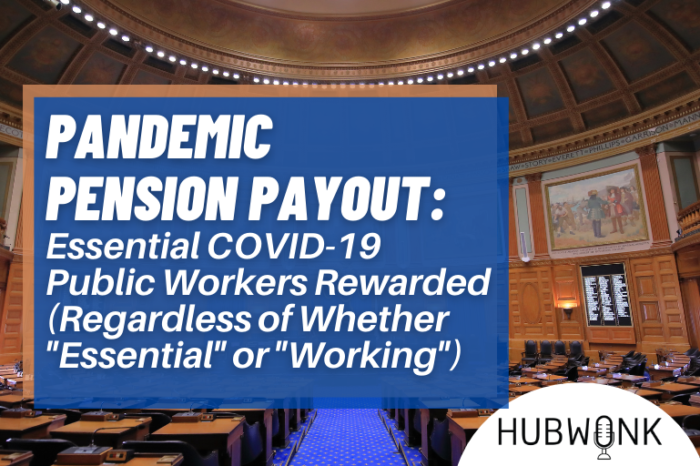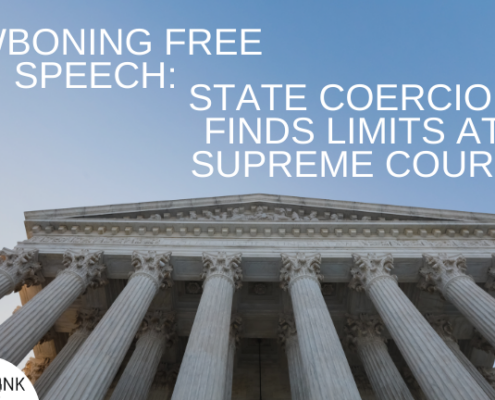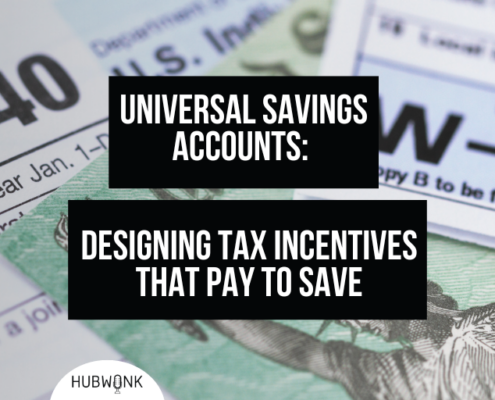Pandemic Pension Payout: Essential COVID-19 Public Workers Rewarded Whether Essential or Working
Hubwonk host Joe Selvaggi talks with Pioneer Institute’s Director of Research and former Massachusetts Inspector General and State Representative Greg Sullivan about HB 2808, COVID-19 Essential Employee Retirement Credit Bonus, discussing the merits of the recently proposed joint bill, its cost, and our current public debt burden in the Commonwealth.
Guest
 Gregory Sullivan is Pioneer’s Research Director. Prior to joining Pioneer, Sullivan served two five-year terms as Inspector General of the Commonwealth of Massachusetts and was a 17-year member of the Massachusetts House of Representatives. Greg is a Certified Fraud Investigator, and holds degrees from Harvard College, The Kennedy School of Public Administration, and the Sloan School at MIT.
Gregory Sullivan is Pioneer’s Research Director. Prior to joining Pioneer, Sullivan served two five-year terms as Inspector General of the Commonwealth of Massachusetts and was a 17-year member of the Massachusetts House of Representatives. Greg is a Certified Fraud Investigator, and holds degrees from Harvard College, The Kennedy School of Public Administration, and the Sloan School at MIT.
Related: Public Statement on the MA Legislature’s Blanket Pension Giveaway
Get new episodes of Hubwonk in your inbox!
Recent Episodes













